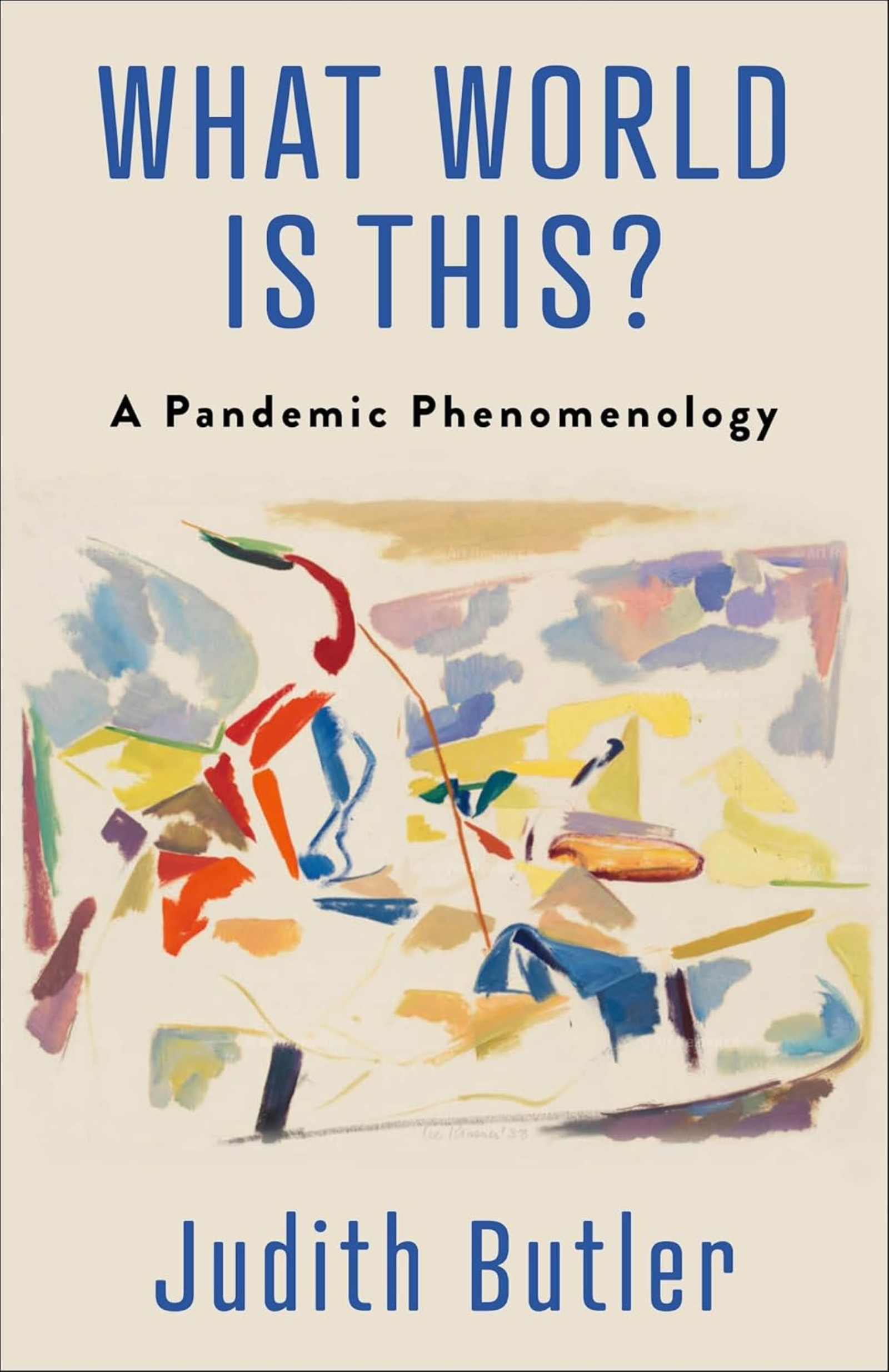In What World Is This? A Pandemic Phenomenology (2022), gender theorist Judith Butler explores how the pandemic has influenced humanity’s understanding of its place in the world. Butler argues that the pandemic has drawn disparate groups together by revealing shared vulnerabilities, while also highlighting the fundamental separations that create a society of multiple, overlapping worlds. This is evident in the experiences of African Americans, who were three times as likely to be infected and twice as likely to die as white Americans. Similar discrepancies are seen globally in the disparity in access to vaccines between low-income and high-income countries. These overlapping worlds impact each other in fundamental ways.
The pandemic, according to Butler, is significant for driving a new understanding of what it means to live in a truly global society. Rather than conceptualizing a singular world that flattens inequality or multiple worlds that remain distinct, Butler describes post-pandemic society as one that acknowledges both interconnectedness and inequality, oscillating between these poles. She advocates for radical social equality with the recognition that humans are organisms of Earth, and “that the organism is constructed by its environment even as it constructs that environment in return” (Butler 9-10).

Citation: Butler, Judith. What World Is This? A Pandemic Phenomenology. Columbia University Press, 8 November 2022. NON-FICTION, PHILOSOPHY, [2021] | US. jt/jb/ig
Source Type: Scholarship on Pandemic Studies
Country: United States
Date: 01-Jan-2021
Keywords: Phenomenology, Global interdependency, Scholarship, and Vaccine Inequality